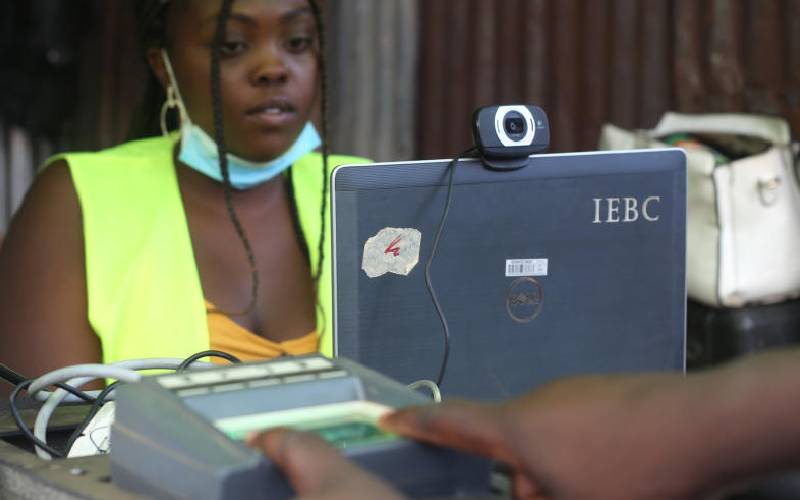×
The Standard e-Paper
Smart Minds Choose Us

Most thespians and theatregoers will tell you great plays rest on the quality of the script, the depth of the characters, the sophistication of their language, the rhythm and spectacle.